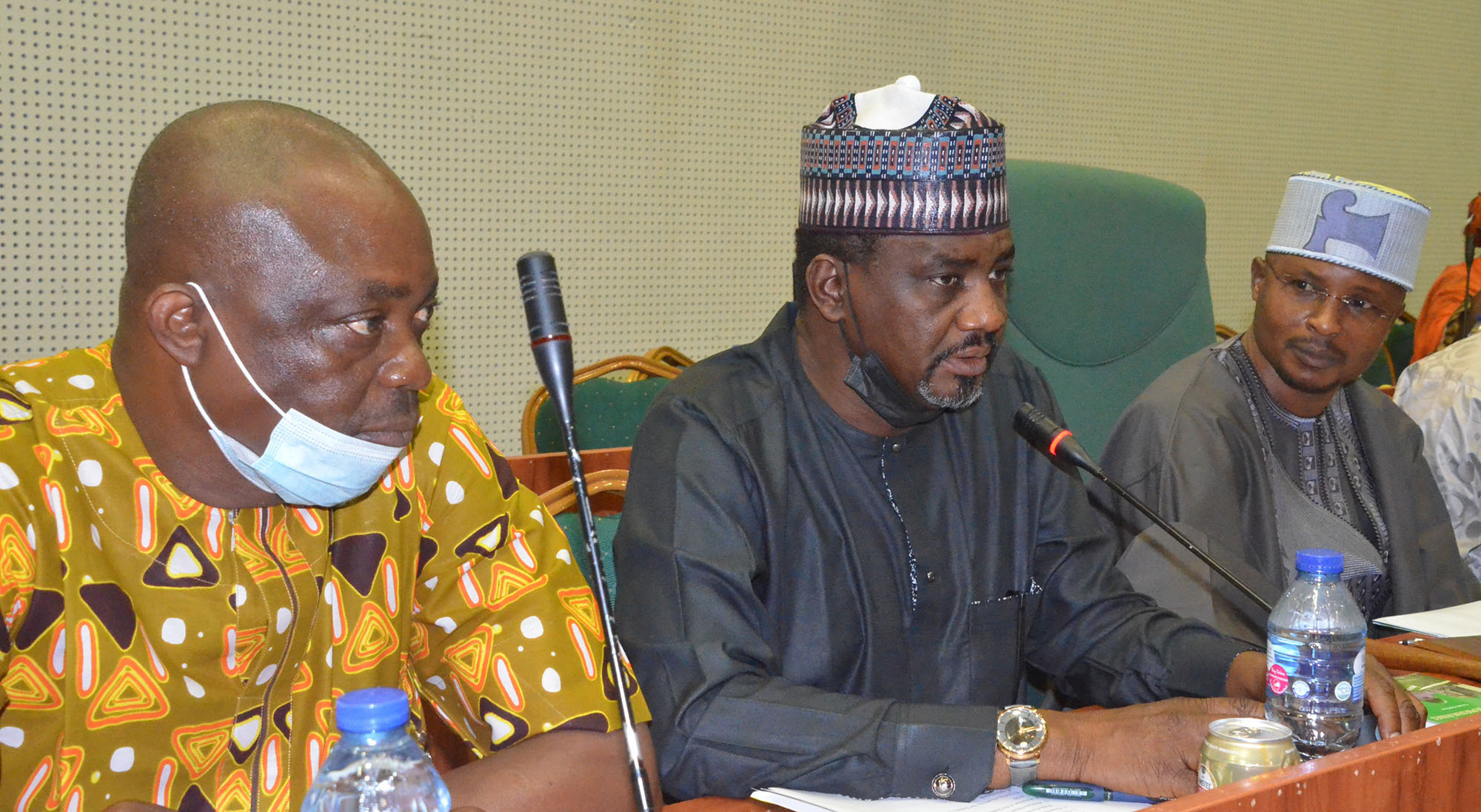Business
N4.1trn Revenue Target: FG Mounts Pressure On Customs

President of the Association of Nigeria Licensed Customs Agents (ANLCA), Hon. Tony Nwabunike, has said that the N4.1 trillion 2022 target set for the Nigeria Customs Service (NCS) by the Federal Government of Nigeria will place the Service under pressure.
Addressing Journalists recently at the ANLCA Secretariat, Lagos,, the President said that this high target will lead to the pressure of high revenue collection and undermine the trade facilitation role that the Service ought to render.
“This will, in turn, undermine the productivity of the overall economy”, the Association stated.
ANLCA stated further that “pursuing bigger revenue, while failing to strengthen trade results in greater losses to the country, as investments are either threatened, reduced or made non-existent.
“Totality of Customs efforts deployed into revenue pursuit reduces the service’s productivity in many ways”, he said.
Nwabunike also spoke against the $3.1b Customs modernization project, noting that Nigeria is already in serious debts and the NCS, being a strategic non-oil revenue earner for the government, should not be tied to another long-term repayment.
“We want to also advise the Federal Government to be careful before signing the $3.1b Customs modernization project which, we heard, will run for 20 years.
“We urge President Muhammadu Buhari and the Finance Minister to avoid assenting to the deal, and we call on the National Assembly to take a closer look at the details and ensure that the Federal Ministry of Finance, Nigeria Customs Service and all parties involved observe due diligence that won’t entrap the country in another long debt repayment for 20 years and maybe for lesser value”
But the Customs Area Controller of the Apapa Customs Command, Yusuf Malanta Ibrahim, said they are already bracing up for the new target.
According to him, “the revenue target of the NCS has been increased to N4.1 trillion. For us in Apapa Area Command, we have already boarded and fastened our seats towards the realization of this revenue target.
“We hope that the service will surely leverage the deployment of digital transformation of Customs business processes which will further take care of many control mechanisms through its risk management system.
“In spite of the enormous challenges faced in the trade supply chain, occasioned by Covid-19 pandemic which is still ravaging economies around the world, high cost of freight, incessant traffic gridlock, rail construction through the port, as well as ensuring an increase in compliance level from stakeholders, the Command between the months of January to December 2021 was able to collect a revenue of N870 billion and remitted to the federation and non-federation accounts of the Federal Government, respectively”, he stated.
By: Nkpemenyie Mcdominic, Lagos
Business
Nigeria’s ETF correction deepens as STANBICETF30, VETGRIF30 see 50% decline in a week

Business
BOI Introduces Business Clinic

Business
Dangote signs $400 mln equipment deal with China’s XCMG to speed up refinery expansion

-
Maritime2 days ago
Nigeria To Pilot Regional Fishing Vessels Register In Gulf Of Guinea —Oyetola
-
Maritime2 days ago
Customs Declares War Against Narcotics Baron At Idiroko Border
-

 Sports2 days ago
Sports2 days agoGombe-Gara Rejects Chelle $130,000 monthly salary
-
Maritime2 days ago
NIMASA,NAF Boost Unmanned Aerial Surveillance For Maritime Security
-
Maritime2 days ago
NIWA Collaborates ICPC TO Strengthen Integrity, Revenue
-

 Sports2 days ago
Sports2 days agoTEAM RIVERS SET TO WIN 4×400 ” MORROW” …Wins Triple jump Silver
-

 Sports2 days ago
Sports2 days agoNPFL Drops To 91st In Global League Rankings
-

 Sports2 days ago
Sports2 days agoNSC eyes international hosting rights

